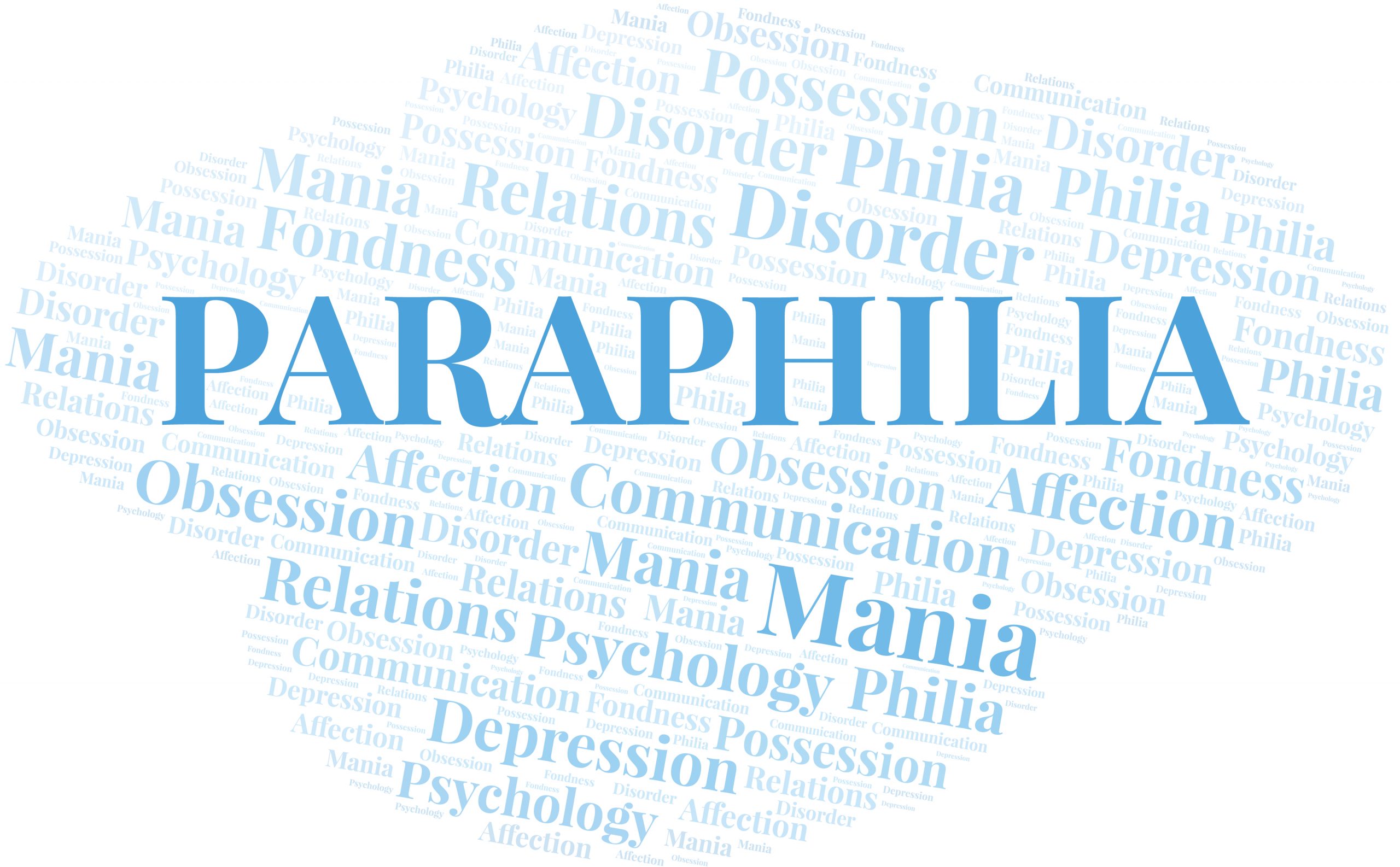TYPES
As stated earlier, paraphilic disorders have varying types, with each having a different focus on the patient’s sexual arousal. Other paraphilias don’t fully meet the diagnostic criteria for being a paraphilic disorder but may also have uncontrolled intense, sexual impulses that cause significant distress for the sufferer. The most common ones are:
- Pedophilia: sexual activity with a child, often 13 years old and below
- Exhibitionism: exposure of own genitals to an unsuspecting persons
- Transvestism: sexually arousing cross-dressing that interferes with normal functioning
- Voyeurism: watching an unsuspecting/non-consenting individual who is either nude, disrobing, or engaging in sexual activity
- Masochism: being humiliated, beaten, bound, or otherwise suffering
- Autogynephilia: paraphilia specifically found in men who are aroused by thinking and visualizing themselves as women.
- Frotteurism: non-consenting rubbing or touching against another person
- Sadism: the physical or emotional suffering of another person
- Fetishism: a sexual fascination with a highly specific body part (partialism) or non-living objects. Examples of this particular fetishism include zoophilia (animals), necrophilia (corpses), coprophilia (defecation and feces), somnophilia ( arousal by a sleeping or unconscious person), scatology (obscene phone calls), and urophilia (urinating or urine)
SYMPTOMS
Persons with a paraphilia commonly experience intense sexual, uncontrolled arousal by the stimulant, excluding the usual sexual interest sources, like a physically attractive person of the same age. The sexual attraction can be overpowering and cause the sufferer much distress. Feelings of fear of punishment and guilt are also symptoms given the forbidden or unusual nature of a paraphilia.
The obsessive preoccupation that intrudes on the person’s normal day-to-day functioning and attempts to engage in regular sex activities with an age-appropriate partner. This obsessive preoccupation can also make it challenging to think about other things. Other symptoms of paraphilia can also include anxiety and depression and can include:
- Compulsive sexual impulses when the person performs individual sex acts even if they do not give him or her pleasure.
- If the sexual act is no longer enjoyable and the person can’t have sex without the accompanying behavior or urge with their sexual partner
- If the person experiences intense and uncontrolled sexual fantasies.
- Compulsive sexual behavior that puts the person and their partner at risk of sexually transmitted infections.
- There are cases in which paraphilia is just a surface symptom for underlying issues such as depression, loneliness, anxiety, and stress.


